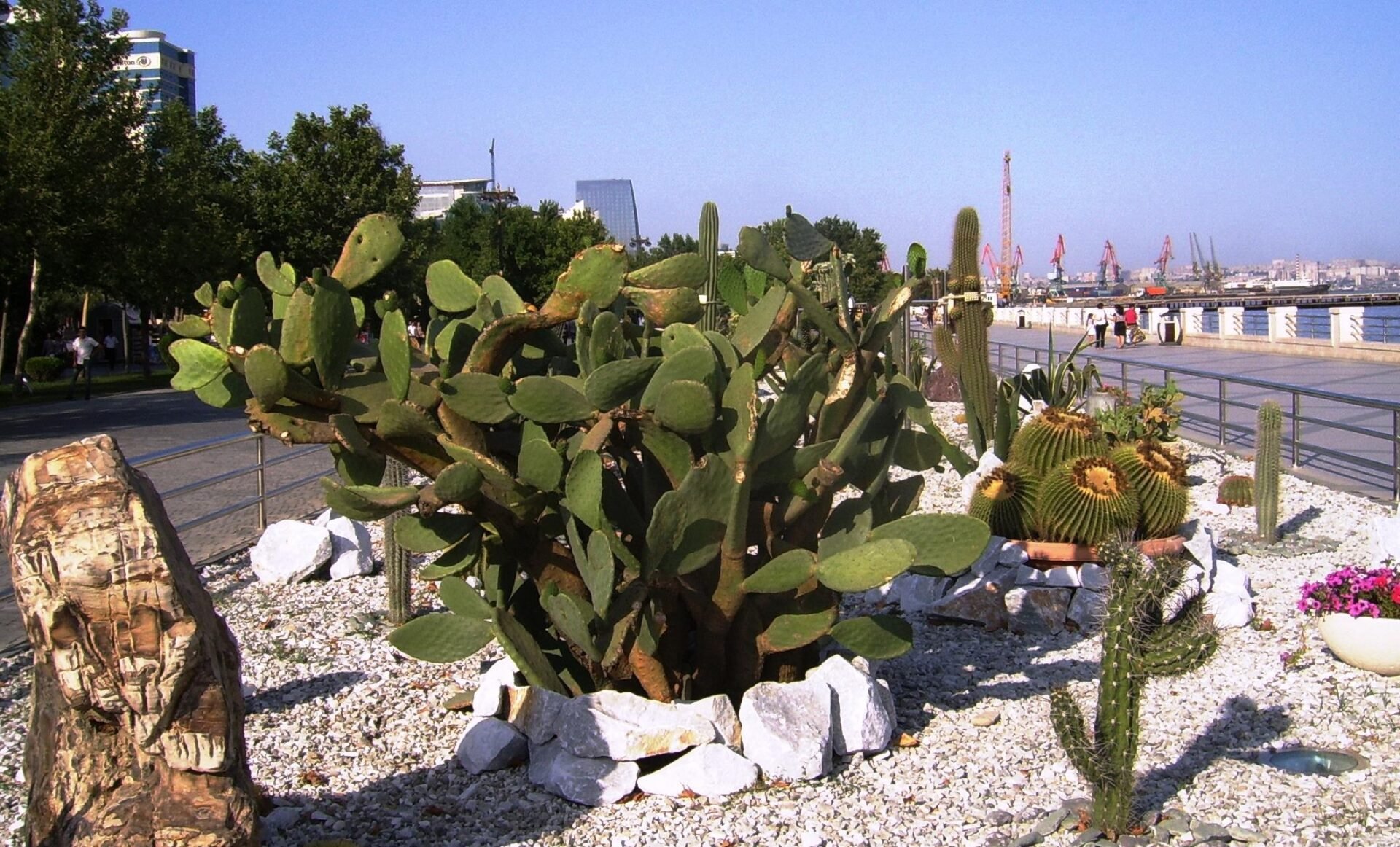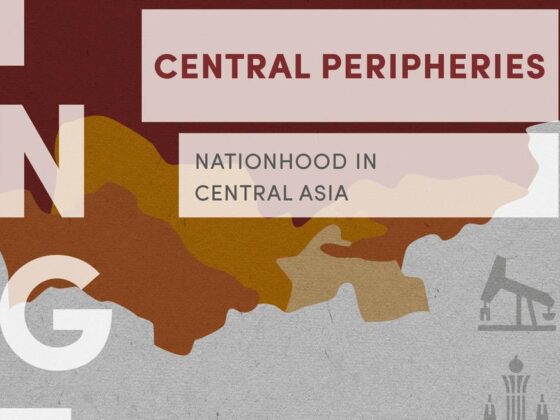(Problems of Post-Communism) Abstract: COVID-19 has significantly impacted many countries of post-Soviet Eurasia, affecting both political and economic realms. Azerbaijan is not alone in suffering from the pandemic and paying a high price. All the problems the country inherited are being exacerbated, forcing the government to seek different modes of development and the managing of governmental affairs. The following article will examine the possible impact of COVID-19 on the political and economic situation in Azerbaijan, and try to predict the future implications of the government’s actions for the system.
Recent global events related to the COVID-19 pandemic and its consequences have affected all the countries of Central Asia and the Caucasus. Many of them began to experience signs of recession as early as 2020, due to the looming economic downturn and drop in oil prices. The pandemic, the forced quarantine regime, and the economic situation accelerated the decline of these countries into seemingly perpetual economic and social crises. The long-term implications of the crisis will become evident within a year or two, yet even today we can see the difficult situation in these states and the hasty actions governments have taken to correct it. The crisis has revealed long-standing structural and governance problems of the region, such as the heavy reliance on hydrocarbons, dependence on remittances from Russia and Turkey, growing poverty rates, and lack of a safety net to withstand the sudden shock (Stronski 2020). Some countries were lucky enough to be able to tap into their oil/sovereign/stabilization funds. Others, like Tajikistan and Kyrgyzstan, immediately rushed to look for external funding. The current crisis is unique, and the countries have not experienced such tectonic economic shifts since the collapse of the Soviet Union. […]
Read More © Problems of Post-Communism
Recommended: Anar Valiyev, “COVID-19 Implications for Azerbaijan: Momentum Immobilized by a Perfect Storm,” PONARS Eurasia Policy Memo No. 686, January 2021











